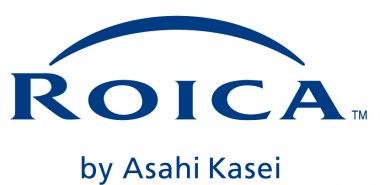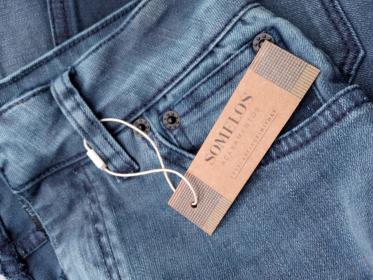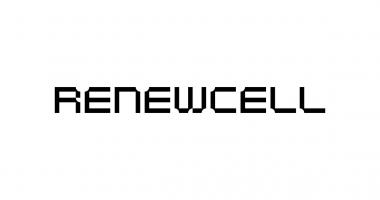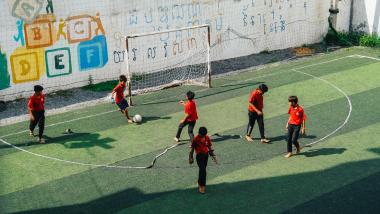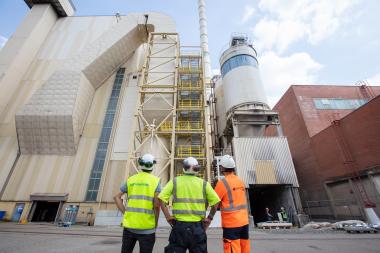ROICA™ expands its innovation and partnerships
The ROICA™ by Asahi Kasei team knows that value creation is the foundation of contemporary business. Its team is ready to take ROICA™ to the next level, responding to market demand innovations, whilst sharing its latest responsible production system with a new generation of consumer.
For this reason, the ROICA™ strategy is based on two key elements:
First, a focus on responsible innovation, able to respond to new market needs and desires without harming the environment or society at large. Thanks to the certified and eco-high tech ROICA Eco-Smart™ family, Asahi Kasei is able to meet responsible business needs and contemporary consumers’ desire for a modern wardrobe that represents a new generation of values.
Second, the dawn of ROICA™ has fueled a consolidation of partnerships along the whole supply chain through conversations and collaborations with companies sharing ROICA™’s values, including: Artistic Milliners, CIFRA, Dresdner Spitzen, Iluna Group, Innova Fabrics, Maglificio Ripa, Penn Italia - Penn Textile Solutions GmbH, Sitip S.p.A. and Tessitura Colombo.
ROICA™ by Asahi Kasei


